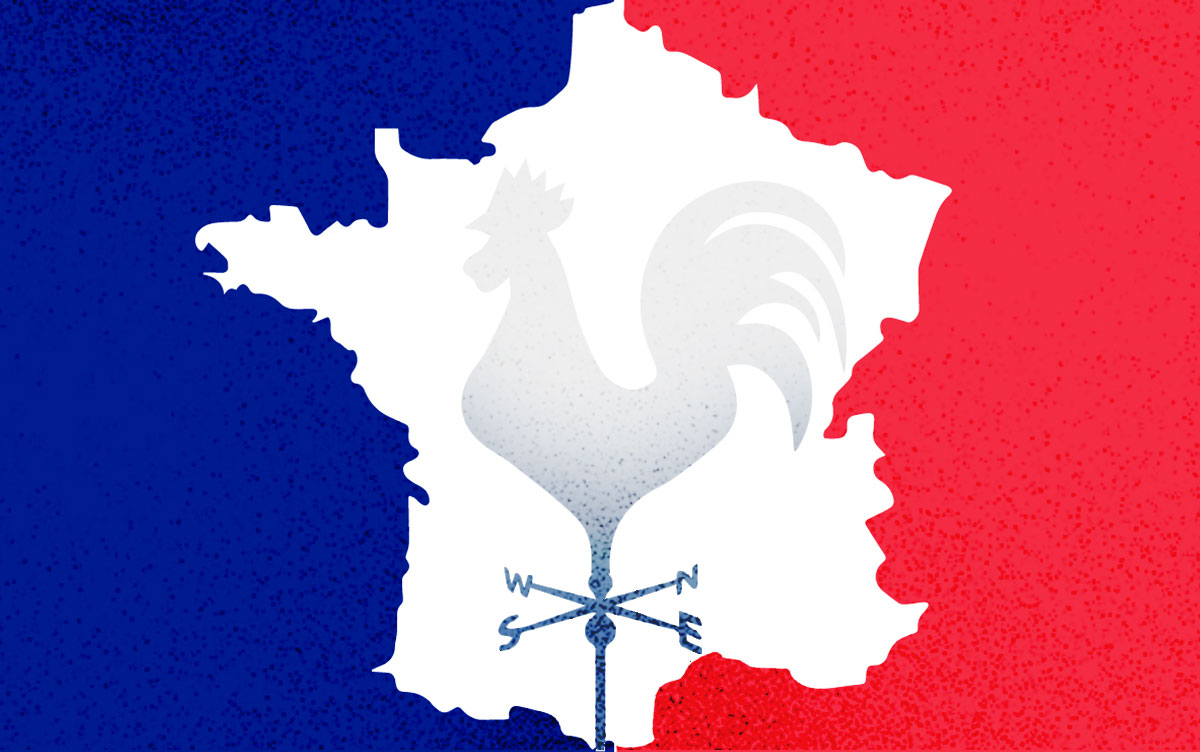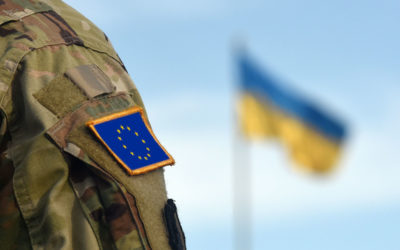Understanding (unloved) France
31 March 2023

“The French are frustratingly irresponsible, individualistic” is one complaint sometimes heard in diplomatic quarters. Foreign Policy recently doubled down with an opinion piece complaining that France was accommodating imperial Russia and forcing Europe into its (alleged) socialistic views.
This outrage reveals a well-known difficulty in understanding my country’s perspective. France has realised (around two centuries ago) it is no great power anymore – unlike Brexit-prone UK – but its geography remains exposed to all winds, with islands and partnerships spread across the world. “The curse of having 36.000 communes, two seas and countless borders to deal with”, wrote historian Fernand Braudel
Hence Ukraine. Clearly a blind spot in France’s foreign policy circles and in the public imagination. When I was stationed in the Balkans as a French diplomat, I remember the difficulty of bringing Parisian politicians to the area. Most would say: “Eastern Europe?? This is for continental Germans to settle; we already have too much going on in Mali, Libya, Lebanon, Guyana, Chinese incursions in Polynesia…”.
And so, Chancellor Merkel visited us several times while the Eiffel Tower stayed where it is – queening by the gentle Seine.
Unreasonable policy trade-off?
Not really. When France had the arrogance to commit to every crisis, it experienced bankruptcy and defeat. The 18th century was a model in that regard: battling the Brits at sea, fighting the Austrians on land, arming insurgencies in India or in America, sending experts to Constantinople… thirty years of revolutions and Napoleonic fireworks ensued before calm eventually returned.
Caught in the middle of domineering nations, France is a factor only when it knows which fight to pick. Good examples: de Gaulle leaving colonial Algeria behind, early Louis XIV concentrating troops in Flanders for decades or Mitterrand pushing for what the European Union is today – all very much against France’s romantic traits. Napoléon going too far east is a classic “have-it-all” failure in comparison.
France’s specific struggle is not “egoism” or “blindness” but focus.
“Precisely! Focus!!”, some would quickly reply. “Ukraine is the new TOP priority and France cannot see it because of a tender spot for Russia!”, as if post-9/11 wars, Covid, the Islamic State, rising temperatures and inflation were in our rear-view mirror. Again: if foreign policy was just a succession of U-turns, France would get lost in the wind given its position on the map.
France’s “love” for Russia?
It is true that beating Nazi Germany, mimicking our revolution, and writing depressing novels endear them to us, but there has been no sort of long-standing alliance between the two countries. Just look at 1762, 1812 or 1939 for bloody reminders. Also: we have allocated €1,6 Billion of assistance to Ukraine so far. Rank 6 at the time of writing (rank 22 as % of GDP – indirect contribution via the EU excluded). Not the first row but far from “irresponsible”.
Yet it seems that whatever France does or does not do, my country is persistently unloved on a more unconscious level.
Why is that?
One theory is that many cannot grasp how a country accumulating military defeats (1814, 1870, 1940), heavy deindustrialisation and a passion for unending strikes could, at the same time, still be considered a global trend-setter.
The UK has defined today’s economy and the US is prolonging the era, but deeper currents often begin in France: atheism, birth control, human rights, social revolutions, winning FIFA World Cups (yup..), art and intellectual movements, etc.
That is due to France’s ability to synthesize all the signals and novelties reaching our open land; and this is helping us (I believe) get the 21st century right on four of its key pillars:
Climate change – a predominantly agrarian people until the 1930s, the French maintained a close relationship with nature. The first history of temperatures by historian Le Roy Ladurie (1967), President Chirac’s “our house is burning” speech (2002) or France’s massive research funds granted to the future of agriculture or circularity are no accident;
Energy transition – as the demand for fossil fuels continues to grow while oil & gas reserves stagnate or decrease, many French analysts bet that energy prices will mechanically rise unless disruptive – at scale – fixes are found very soon. Fortunately, 70% of our electricity relies on nuclear plants, not to mention the numerous R&D programmes the country is part of (fusion, solar power, hydrogen, etc);
Demographic stability – with two children per women, despite shocks and loss of purchasing power, France will likely avoid the difficult adjustments that low fertility countries are beginning to experience – pension costs, health spendings, productivity losses, etc;
Military power – one of five EU countries spending 2% its of GDP on defence since NATO’s 2006 budgetary pledge, France has maintained a wide-ranging and combat-proven force.
Yes, the latter is part of France’s “statist” culture. But guess where is the world going? Protectionism rises everywhere, voters lean towards isolationist policies, notably in the United States, dictators launch wars; and climate actions seem best led by publicly planned programmes rather than short-term laissez-faire markets.
Bottom line: the French are not happy with these dynamics; we do not have all the tools to tame them, but we want to contribute – bearing in mind our own challenges and relative mass.
ENJOYING THIS CONTENT?






